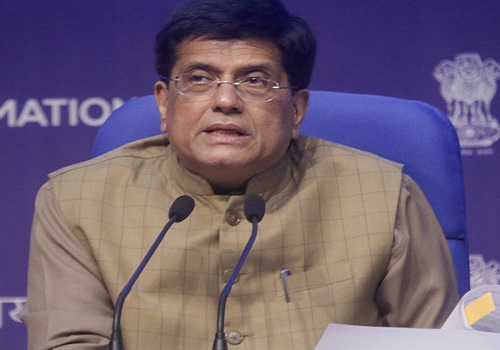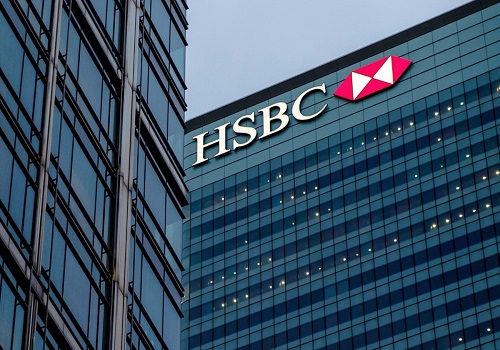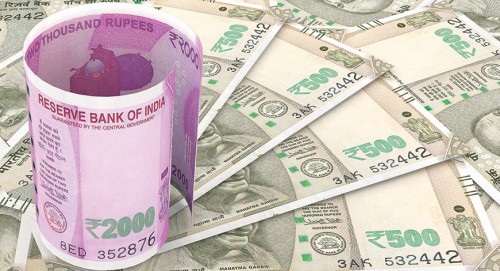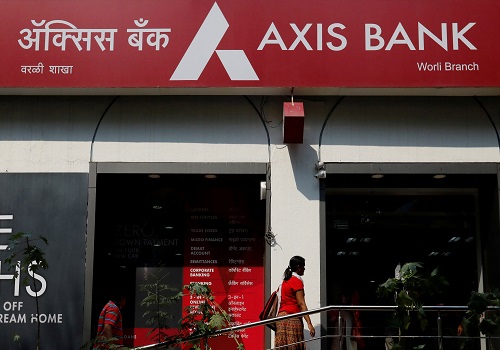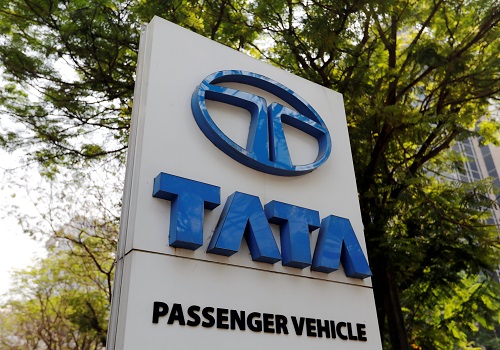State Bank of India's infra bond response likely to lure other lenders into tapping market- bankers
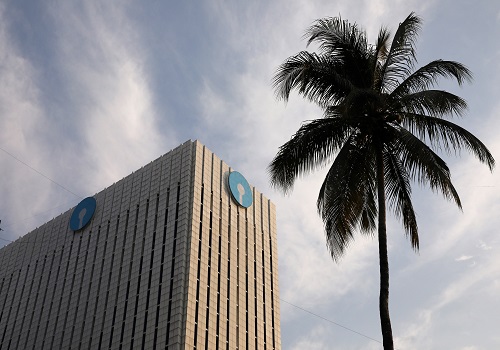
Follow us Now on Telegram ! Get daily 10 - 12 important updates on Business, Finance and Investment. Join our Telegram Channel
Strong demand for infrastructure bonds sold by India's largest lender could push other banks to tap the market, as appetite from long-term investors shows confidence, merchant bankers said on Monday.
Earlier in the day, the State Bank of India (SBI) accepted bids worth 100 billion rupees ($1.22 billion) for 15-year bonds at a coupon of 7.54%. The lender received bids worth around 217 billion rupees against a base of 50 billion rupees.
This was in sharp contrast to SBI's perpetual bond issuance earlier this month, where it accepted bids of only around the base size.
"The spread with corresponding government bond yield was only 13 basis points (bps) today, compared to 17 bps in the previous two occasions," said one of the bankers involved in the issuance, requesting anonymity as they were not authorised to speak to media.
"This shows improving investor appetite for SBI's papers."
Sixteen-year state debt is currently yielding 7.46% on a semi-annual basis, which, if annualised, would be more than SBI's infrastructure bond yield, the banker added.
SBI did not reply to a Reuters email seeking comment.
In June, Kotak Mahindra Bank also raised funds through infrastructure bonds, while others such as ICICI Bank and Axis Bank may tap the market in the coming weeks, merchant bankers said.
"Long-term investors are keen to park money in high-quality senior bank debt. SBI's bonds provided a decent opportunity," said Venkatakrishnan Srinivasan, founder and managing partner of debt advisory firm Rockfort Fincap.
Since SBI's papers are liquid, the yield fell below the corresponding maturity state debt yield, he added.
A large state-run insurance company and a state-run provident fund house were among the major buyers and have cornered a chunk of the issue, while other insurance companies were also on the bid side.
"SBI is a marquee name, and we do not see such bulk supply regularly. Insurance companies have a lot of space to absorb such papers, which led to an investor rush," said a fixed-income head of an insurance company.


.jpg)
